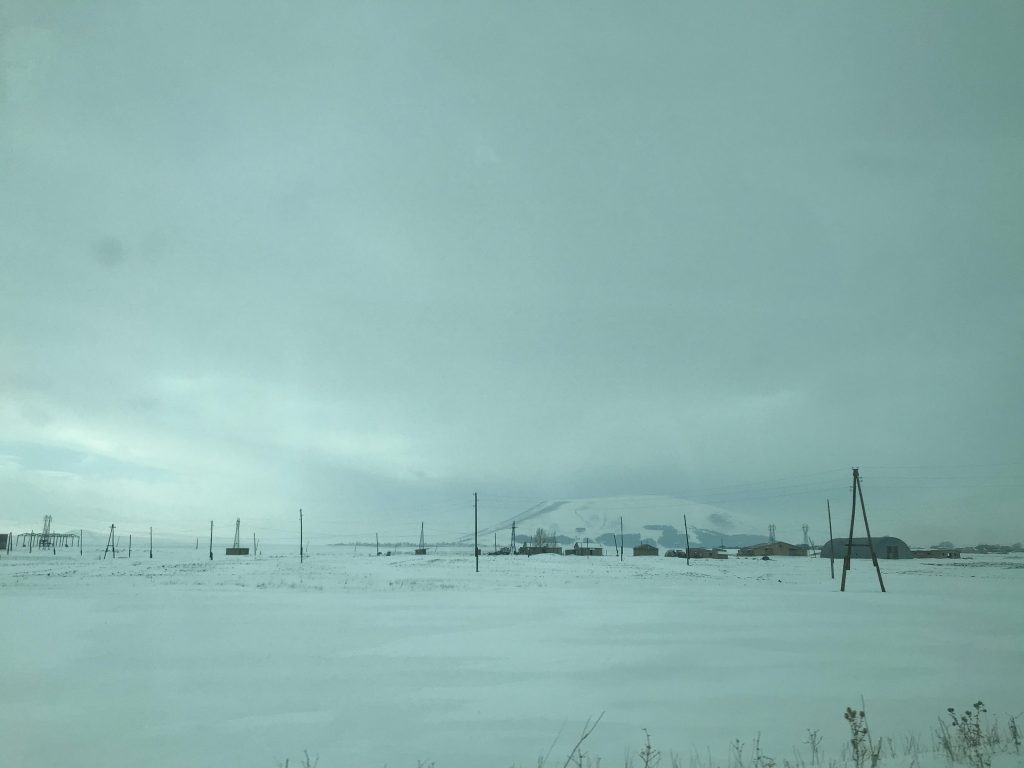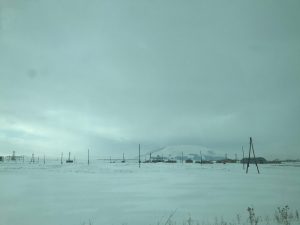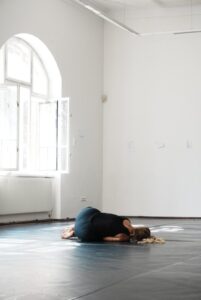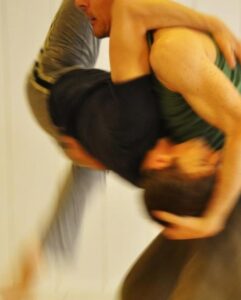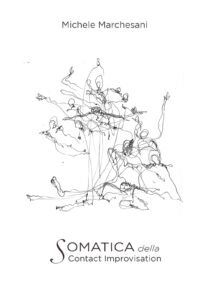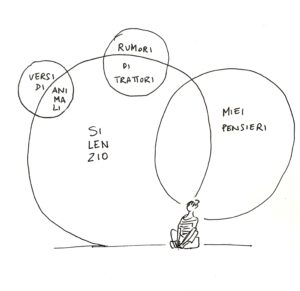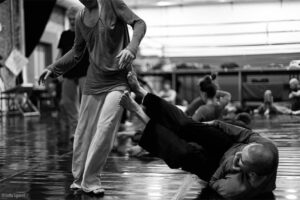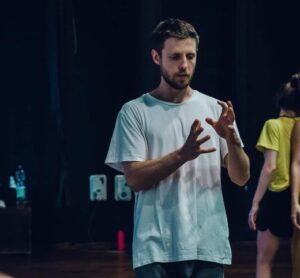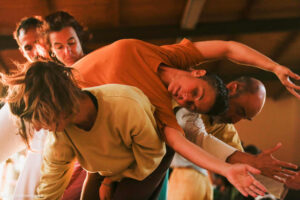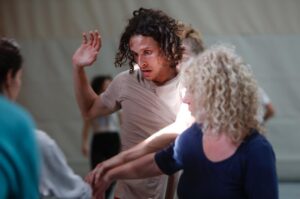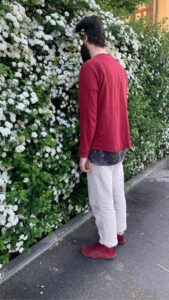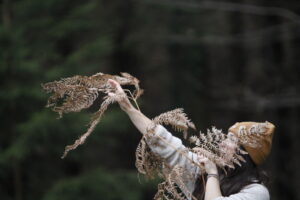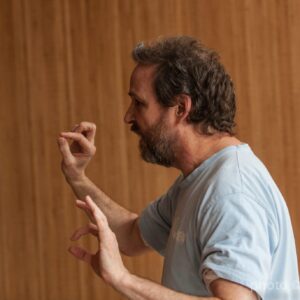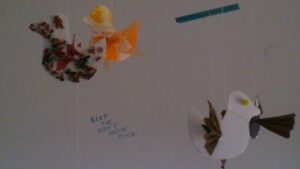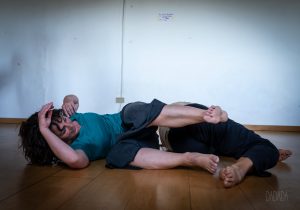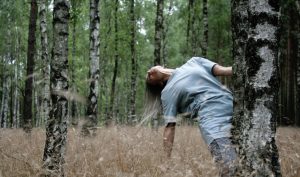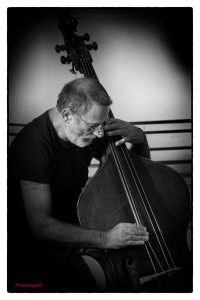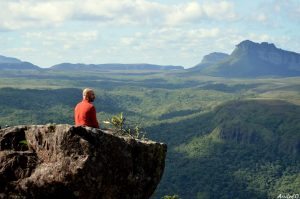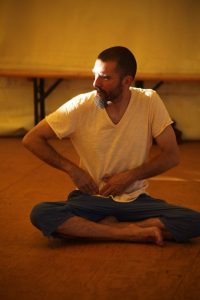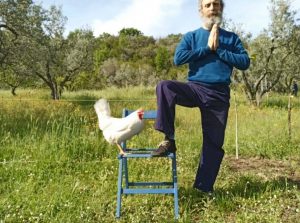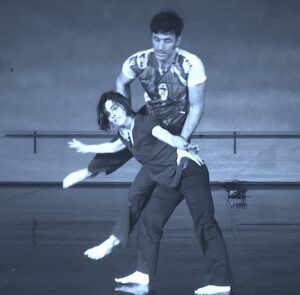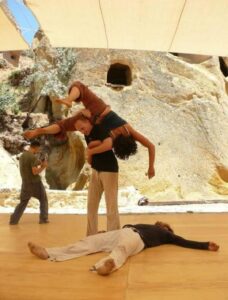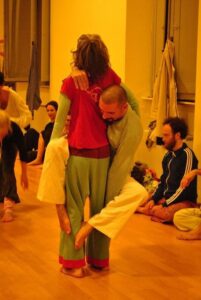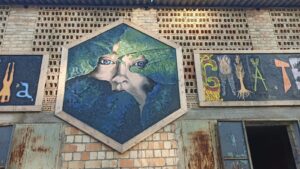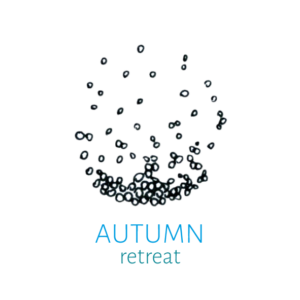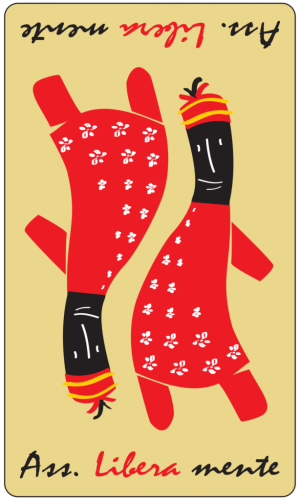“Where we are when we don’t know where we are”, this is how Nancy Stark Smith described the space opened up by improvisation: a zone where provisions are temporarily suspended, where the ground is momentarily lacking and yet where we seek our way together. I come in silence, in curiosity, in trust and peace asking “How do we study our way “together” in these troubled times we live in?”, “What is inherent in our CI practice that can help us find ways to survive the precarious ground and support others around us?”Contact Improvisation puts this suspension at the work of the tactile: a zone of contact, of friction, eminently political, which brings into play intense affects and troubled histories. How can we learn to consent to touch and remain in the study of what a touch can do, as we keep falling together?
“Dove siamo quando non sappiamo dove siamo”, così Nancy Stark Smith ha descritto lo spazio aperto dall’improvvisazione: una zona dove le provviste sono momentaneamente sospese, dove il terreno è momentaneamente carente eppure dove cerchiamo la nostra strada insieme. Vengo in silenzio, in curiosità, in fiducia e in pace chiedendo “Come studiamo la nostra strada “insieme” in questi tempi difficili in cui viviamo?”, “Cosa è inerente alla nostra pratica di CI che può aiutarci a trovare il modo di sopravvivere al terreno precario e sostenere gli altri intorno a noi?”
Contact Improvisation mette questa sospensione al lavoro del tattile: una zona di contatto, di attrito, eminentemente politica, che mette in gioco affetti intensi e storie travagliate. Come possiamo imparare ad acconsentire a toccare e rimanere nello studio di ciò che un tocco può fare, mentre continuiamo a cadere insieme?
